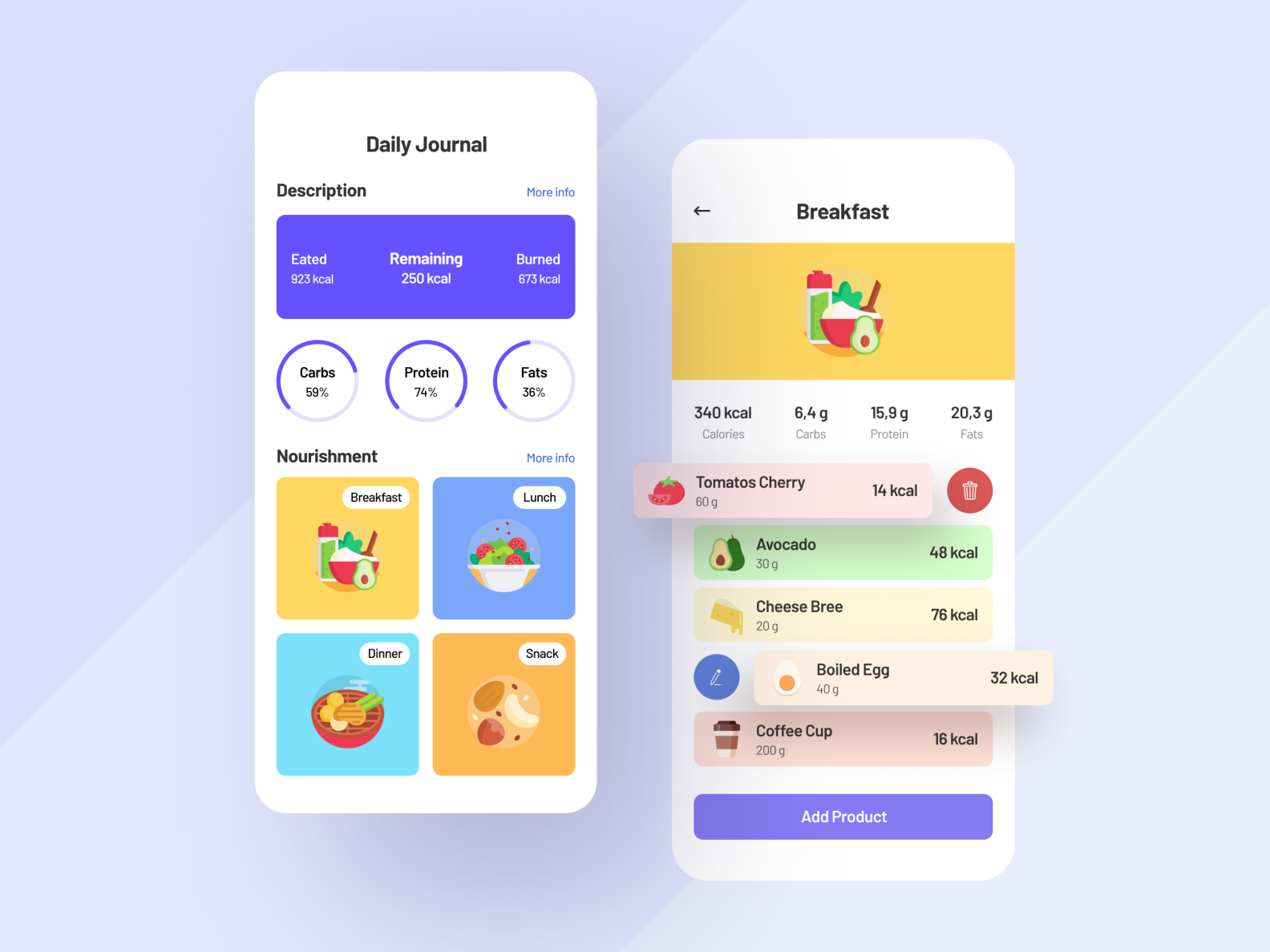


This review demonstrates strong support for inclusion of mindful eating as a component of weight management programs and may provide substantial benefit to the treatment of overweight and obesity.Ī recent report from the UK's Academy of Medical Royal Colleges described ‘the miracle cure’ of performing 30 min of moderate exercise, five times a week, as more powerful than many drugs administered for chronic disease prevention and management.1 Regular physical activity reduces the risk of developing cardiovascular disease, type 2 diabetes, dementia and some cancers by at least 30%. Past reviews evaluating the relationship between mindfulness and weight management did not focus on change in mindful eating as the primary outcome or mindful eating as a measured variable. The practice of mindful eating has been applied to the reduction of food cravings, portion control, body mass index, and body weight. The purpose of this review was to summarize the literature and examine the impact of mindful eating on weight management. Behavior modification includes mindful eating or eating with awareness. Recommendations for weight loss include a combination of reducing caloric intake, increasing physical activity, and behavior modification. There is an urgent need for effective weight management techniques, as more than one third of US adults are overweight or obese. The application is compatible with the majority of iPhones and iPads, although the design and layout shown on iPads might differ to the ones on iPhones.

The user interface (UI) was designed to be easy and understandable so people can enjoy using the application. It runs on devices with an operating system of iOS 10.0 or higher.
Diarly app Offline#
The application provides fully functional offline diet tracking with several photo/filtering features. The application does not use guilt trips or constant reminders, and is instead straightforward about everything. The mobile application I propose focuses on food diaries as these are the easiest way to track users’ food intake and visualise their diet. We are yet to see an application that focuses only on eating habits, however, despite the huge market potential for this type of app. People are able to track their own bodily activities more easily thanks to a new era of technological devices. These applications ask users to enter their current weight and their optimal weight, and then use an algorithm to calculate the calories and energy burn that the user needs to achieve their target weight.Īs the concept of the Internet of Things continues to evolve, the human health industry is predicted to become one of the biggest markets during the next 10 years. Most applications on the market focus on fitness and weight-loss. We seldom see people track their daily food intake, however. These applications attract people as they focus on essential daily activities and people can use them to improve their daily habits. People around the world use mobile applications to track their daily spending, physical activity, and many other daily activities.


 0 kommentar(er)
0 kommentar(er)
